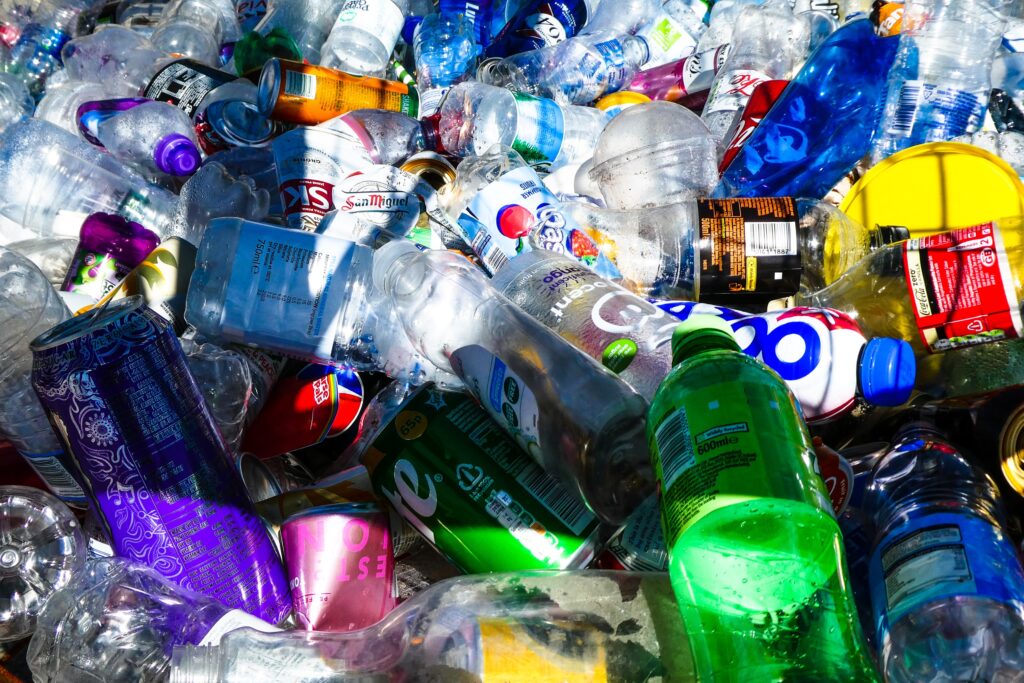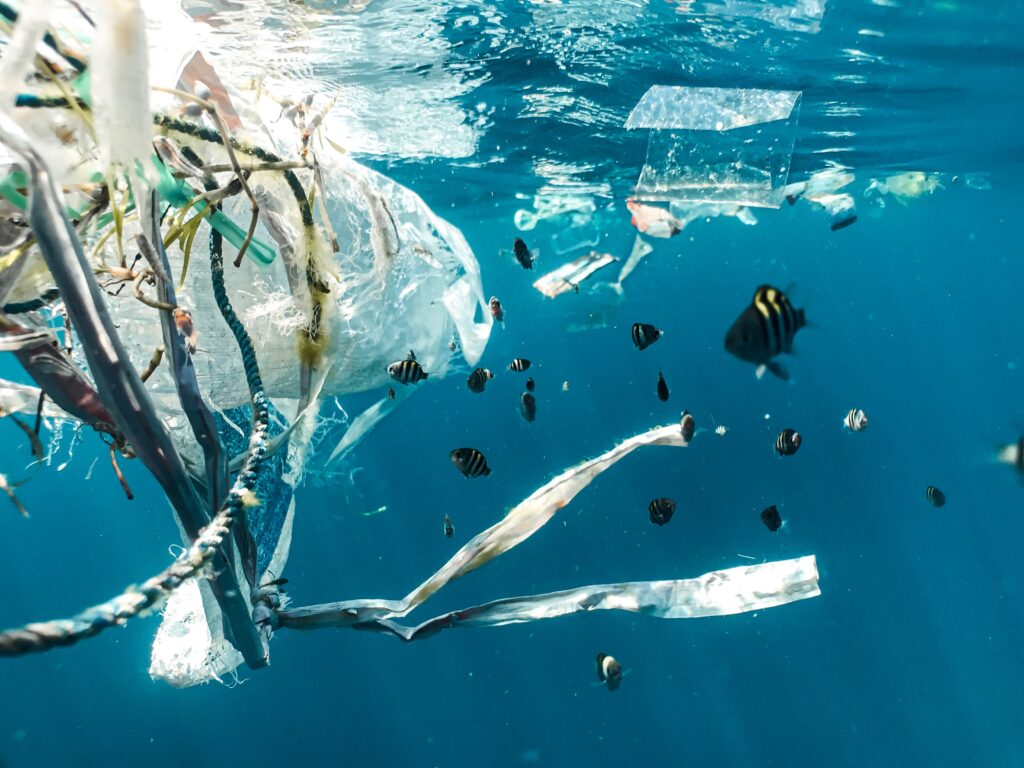What Are The Benefits of Going Plastic Free?
Ever wondered ”What are the benefits of going plastic free?”. We are going to outline this and more in the following post.
Like many modern inventions, plastic propels us forward but comes at a cost. The invention of plastic has revolutionised many industries, and is endlessly valuable to us. Widely used in construction, building, the food preparation industry as well as transportation, plastic is one of the building blocks used to make our lives better and safer.
Simultaneously, plastic poses a threat to the environment, the wildlife in it and, on occasion, us. Today we are going to outline the benefits of going plastic free and offer guidance for anyone wondering ‘’how can I go plastic free?’’.
Benefits of Going Plastic Free: A Summary
It may be unrealistic to assume we can disregard plastics all together as, for their faults, they are inherently valuable. A lot of industries rely on plastics: exploiting them to improve our overall quality of life.
There are, however, a lot of circumstances where plastic use is unnecessary. Reusable cutlery is a great example of this. Although companies are providing us with the luxury of convenience, this comes at a great cost.
In this article we hope to educate you on the overall benefits of going plastic free. We are also going to offer some easy to follow tips on reducing your plastic usage. If we all make a commitment to reduce our collective plastic consumption, it will make a substantial difference to the environment around us. A reduction in plastic usage has the following benefits:
Carbon Dioxide Reduction
The production of plastics and fossil fuels go hand in hand. Plastic manufacturers use fossil fuels such as oil and gas to create plastic, and this contributes to the production of carbon dioxide.
Carbon dioxide is a driving force behind our current climate crisis, and as long as the demand for plastic is high carbon dioxide will be created in abundance. This not only influences global temperature, but it is also responsible for phenomena such as ocean acidification.
Moreover, our efforts to tackle the problem of excessive plastic waste are likely to contribute to the larger issue at hand. Although recycling is an important process and aims to reuse products that would otherwise end up in landfill, it is still responsible for carbon dioxide emissions. By reducing our plastic usage, we are minimising the demand for production. If plastic is not being produced, it does not need to be recycled. It is as simple as that. In layman’s terms, less plastic equals less carbon emissions.

Safer For Wildlife
We have all heard the horror stories about how much plastic ends up in the ocean, and how this negatively impacts marine life. But plastic really poses a great threat to our planet’s wildlife. Large plastic items such as bags and nets are a problem for animals, as they often lack the physical or mental means to free themselves.
It is microplastics, however, that are the real concern. These are extremely small pieces of plastic that are created as a result of the breaking down of large pieces of plastic. As they are so small, they can be easily ingested. The toxicity of plastic is not widely understood, but the current research is alarming. If fish do ingest plastic, it can negatively impact their health. In some cases, it may interfere with reproduction.
Safer For Humans
Using alternatives to plastic where possible may also be beneficial to us. As stated above, the research on plastic’s toxicity is unsettling. It appears that a variety of harmful chemicals can leach from common plastic products into our food and drinks, for example.
When plastic is exposed to heat, this process is sped up and multiplied. It is common for us to microwave food in plastic containers. By doing so, we may be encouraging this leaching process and the ingestion of chemicals such as BPA. This can impact our health negatively, and would be minimised through the collective reduction of plastic usage.
How Can I Go Plastic Free?
The information listed above is merely a few examples of the benefits of going plastic free. There are certainly many more benefits, and we are confident that reducing the demand for plastic is a good thing.
You may be wondering how you can avoid relying on a material that is used to, seemingly, create everything. This is a fair stance, and it is unrealistic to assume that any one could avoid using plastic products entirely.
By following our below steps however, you can seriously lessen your reliance on plastic. If we all make a conscious effort to swap plastic products for reusable alternatives, and consider the necessity of certain plastic products, we will make a substantial difference. Here are some ideas for reducing your reliance on plastic:
- Where possible, say no to plastic cutlery. It is rarely needed. If you really need to use cutlery, you can carry some in your bag. The same applies to plastic straws. A lot of companies have caught on now, and do not offer plastic straws.
- If you, like many of us, consume your body weight in coffee on a daily basis, carry a reusable coffee cup.
- Similarly, ditch disposable plastic water bottles and carry your own water bottle.
- Rather than continually buying plastic bags, which increases demand and production, opt for a fabric tote bag. These can be reused consistently and retain their strength.
- Consider swapping your plastic toothbrush for one made from sustainable materials like bamboo.
These are just a few examples of how you can make lifestyle changes that will lower your reliance on plastic. There are absolutely tonnes of ways you can tackle plastic usage, so we encourage you to read around the topic if you are passionate about making a positive change.

Helping You Understand The Benefits of Going Plastic Free
We hope anyone who was wondering ‘’how can i go plastic free?’’ now has some actionable ideas and can start to make a positive contribution. The team at Panda Soft are committed to reducing plastic consumption, and this is why we chose to make our packaging plastic free, reusable and 100% recyclable. For more information, visit our product page.
